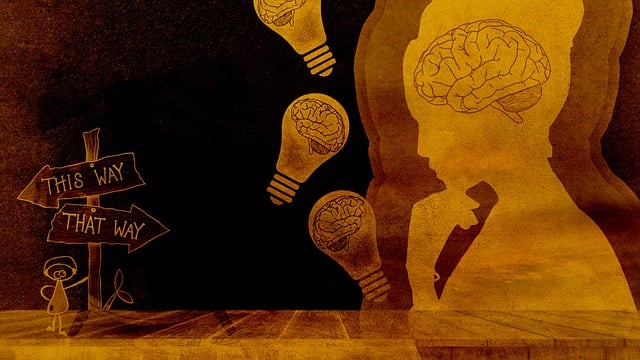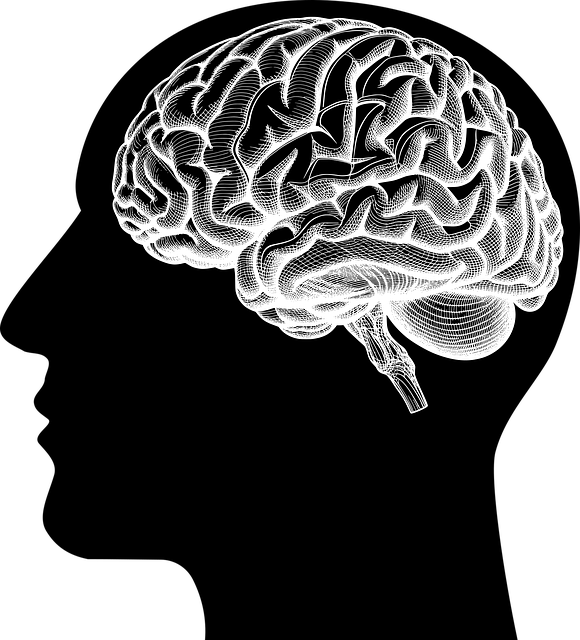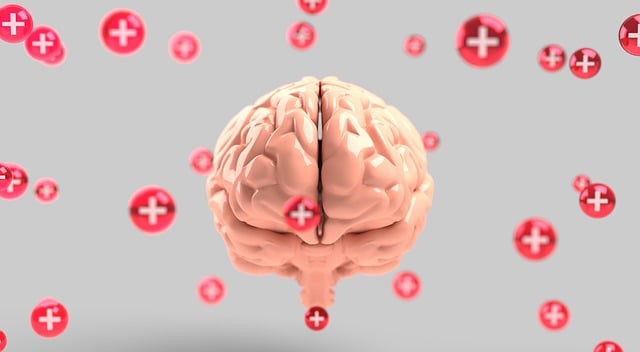Therapy for adults, particularly grief counseling, focuses on teaching powerful emotion regulation techniques to manage intense feelings after loss. By developing inner strength and coping skills, clients learn to navigate their emotions effectively, reducing stress and fostering resilience. These strategies, including mindfulness meditation and cognitive reframing, offer practical benefits beyond therapy, improving mental health, job satisfaction, and even reducing societal stigma around emotional expression. Integrating these techniques into grief counseling is a vital approach to empowering adults facing profound loss, providing them with long-lasting tools for emotional healing and overall well-being.
Emotion regulation techniques are vital tools in therapy, especially for adults navigating grief. This article delves into the profound impact of emotion regulation on the grieving process and explores its role in effective adult grief counseling. We examine common techniques, their practical applications, and the benefits of integrating these skills into therapy sessions. By understanding and mastering emotion regulation, therapists can foster resilience and support clients in managing and overcoming grief.
- Understanding Emotion Regulation and Its Impact on Grief
- Common Techniques in Adult Grief Counseling for Effective Emotion Regulation
- Practical Applications and Benefits of Teaching Emotion Regulation Skills
- Integrating Emotion Regulation Techniques into Therapy Sessions for Adults Experiencing Grief
Understanding Emotion Regulation and Its Impact on Grief

Understanding emotion regulation is paramount when addressing the complex landscape of grief. In simple terms, emotional regulation refers to the ability to manage and control our emotional responses, ensuring they are appropriate and healthy in various situations. When faced with a profound loss, such as grief, individuals often struggle to navigate their intense emotions. This is where therapy for adults comes into play, specifically grief counseling, which equips people with essential tools to cope.
By teaching effective emotional regulation techniques, grief counseling facilitates the process of emotional healing. It helps clients understand and accept their feelings, providing a safe space to express them without judgment. Moreover, it introduces conflict resolution techniques that allow individuals to resolve internal conflicts arising from their loss, fostering a sense of peace and empowerment. Ultimately, these practices enable adults to navigate the emotional hurdles associated with grief more effectively, promoting overall well-being.
Common Techniques in Adult Grief Counseling for Effective Emotion Regulation

In adult grief counseling, several common techniques are employed to help individuals navigate and regulate their emotions effectively during a period of profound loss. One key approach is inner strength development, where therapists guide clients in identifying and harnessing their innate resilience. This involves encouraging self-reflection and fostering a sense of empowerment to cope with the overwhelming emotions associated with grief. By building on this inner strength, individuals can better manage intense feelings and adapt to life after loss.
Additionally, coping skills development plays a pivotal role in therapy sessions. Counselors teach practical strategies to help adults process their grief constructively. This includes techniques such as mindfulness meditation, which has been shown to reduce stress and enhance emotional awareness. By incorporating these coping skills, individuals can learn to navigate their emotions more effectively, allowing them to find moments of peace and clarity amidst the chaos of grief.
Practical Applications and Benefits of Teaching Emotion Regulation Skills

Teaching emotion regulation skills has practical applications and significant benefits across various settings, including therapy for adults and grief counseling. By equipping individuals with strategies to manage their emotions effectively, therapists facilitate a transformative process that empowers clients to navigate life’s challenges with greater resilience. This approach is especially valuable in addressing mental health concerns, as it provides alternative coping mechanisms to mitigate symptoms associated with anxiety, depression, and other forms of mental illness.
Beyond therapy sessions, these skills prove beneficial in preventing burnout among healthcare providers, who often face high-stress environments. By fostering positive thinking and promoting emotional awareness, healthcare workers can enhance their ability to handle demanding situations, leading to improved job satisfaction and overall well-being. Moreover, teaching emotion regulation techniques contributes to stigma reduction efforts by encouraging open conversations about mental health and normalizing the expression of emotions, thereby creating a more supportive and compassionate society.
Integrating Emotion Regulation Techniques into Therapy Sessions for Adults Experiencing Grief

Integrating emotion regulation techniques into therapy sessions for adults experiencing grief is a valuable approach in grief counseling. These techniques empower individuals to navigate their emotional landscape during a profound and often challenging time. By incorporating strategies such as mindfulness exercises, cognitive reframing, and deep breathing, therapists can help clients manage intense emotions like sadness, anger, or anxiety relief effectively.
Grief therapy sessions designed around emotion regulation can foster self-awareness exercises, enabling individuals to understand and accept their feelings rather than avoiding or suppressing them. This mental health education programs design not only supports adults in processing their grief but also equips them with long-lasting tools to enhance resilience and improve overall well-being.
Teaching emotion regulation techniques as part of therapy for adults experiencing grief offers a powerful tool to navigate and manage intense emotions. By incorporating practical applications into grief counseling sessions, professionals can empower individuals to cope with loss more effectively. Integrating these skills enhances the therapeutic process, providing long-lasting benefits that support individuals in their emotional healing journey. This approach not only assists in managing current grief but also equips people with valuable tools for future challenges.














